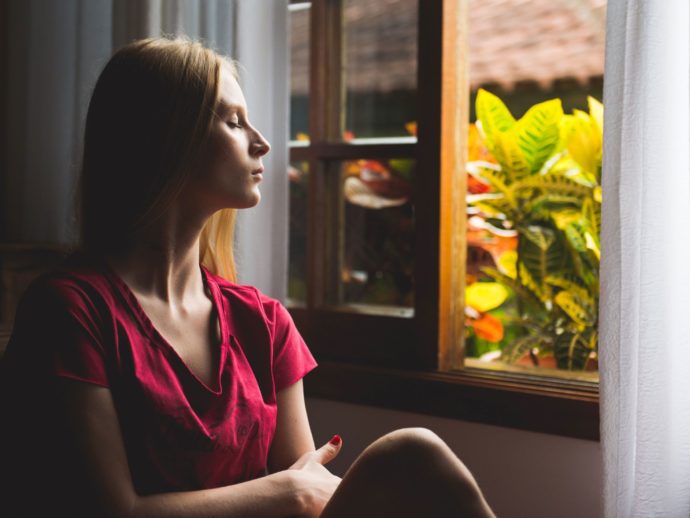Why, and how, to look deeper
In the daily grind of constant doing, reflection can feel a far way off. Yet, without practising reflection upon what we’re doing, how we’re going about it, and why, that very doing can lose its meaning.
Why reflect?
For Jean Tsai, registered psychotherapist and counsellor, to reflect is to savor the pause between doing, to elongate our thoughts and our breathing. When we do these, “information that was once hidden from sight becomes available to us, and we gain insight,” says Tsai.ADVERTISEMENT
To reflect, says Morgan Cowie, founder and director of an inclusive, multidisciplinary yoga and movement center, is to “let go of the idea that there is a single right answer to be unlocked. Instead, reflection is an opportunity to consider the many factors coming to bear.”
Reflection can be healthy
Can reflection help our mental well-being? Cowie points out that the bigger picture perspective that results from reflection frees us from being overly critical, competitive, or contracted.
When we participate in reflection, we can become less reactive and instead make ever clearer and more intentional decisions. As Tsai echoes, “Our collective mental health heals when we pivot away from reactivity and anger toward thoughtful, grounded, well-informed, compassionate action.”
Reprioritize reflection
In the very real busyness of our daily lives and priorities, how can we make time for reflection? Reflection need not be relegated to an instance or scheduled to-do in your day. “Anytime you are awake,” Cowie says, “you can take or make a moment for reflection. Notice when your thinking is feeling small and restricted. Take a breath, or a stretch, or both.”
“Reflection isn’t a nice-to-do, but an imperative,” urges Tsai. “That said, engaging in reflective practice does not need to be a heavy, burdensome chore … choose a modality that best suits your nature.”
How to reflect?
Here are some ideas from Tsai.
- Pause, lengthen the out breath, and tune in to internal noise of thoughts, emotions, and body sensations.
- Commit to a daily practice at a set time each day, and do so for at least three months, even if some days are missed in between.
- Find a community of practice.
- Find daily life pockets of time during which to practise—time spent waiting for the microwave to ding, time spent waiting in line, and time spent during commutes are all opportunities to reflect.
- Have more than one “practice way,” such as cooking, daily meditation, chanting, cleaning, tai chi, or Chinese calligraphy.
Cowie also offers some tips.
- Take a moment each day to point randomly to a word in a news story, then consider why this word might have relevance to your day.
- Promise yourself you will notice everything yellow that you see.
- Notice every instance of a particular number.
- Pull a single tarot card.
- Notice something natural and the way it is growing or being.

